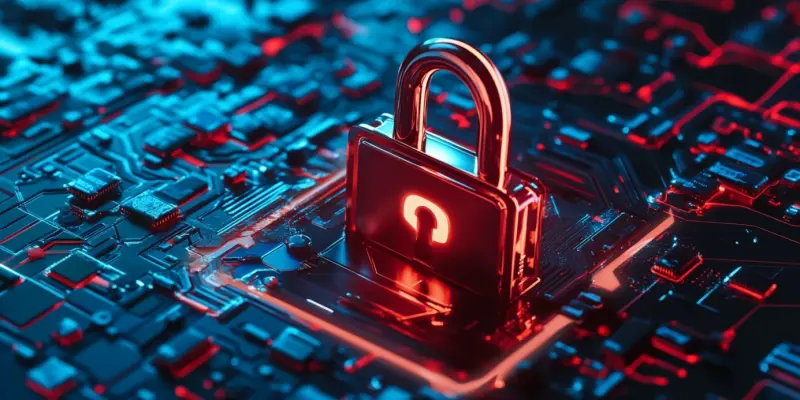As cyberattacks become more sophisticated and frequent, the vulnerability of critical infrastructure managed by state and local governments is increasingly evident. From ransomware targeting municipal services to supply chain attacks on healthcare facilities, the impact of these threats has escalated. A recent report highlights the urgent need for state and local entities to enhance their cybersecurity measures to counteract these growing dangers, underscoring that the systems and infrastructures in place are far from adequate.
Escalation of Cyber Threats and Their Impacts
State and local governments are facing an uptick in cyber threats, with nation-state-linked and criminal groups launching aggressive campaigns. These attacks often aim to erode public confidence by targeting essential services like healthcare, water facilities, and social services. A notable incident in Rhode Island, which disrupted social services, exemplifies the significant consequences such attacks can have on public trust and community stability. The increasing sophistication and frequency of ransomware and supply chain attacks serve as a wake-up call that traditional defenses are no longer sufficient. Analysts are adamant that there is a critical need for improved threat intelligence sharing and coordinated incident response strategies to mitigate these risks effectively.
Necessity for Enhanced Resources and Skilled Personnel
To combat these sophisticated threats, experts emphasize the urgent need for more resilient systems and skilled cybersecurity personnel. Increased funding and technological upgrades are pivotal for state and local governments to mount a robust defense. However, many of these entities are grappling with a shortage of resources and expertise, placing them at a disadvantage against well-funded adversaries. The disparity in financial and temporal resources means that local governments often have to defend their critical infrastructure with minimal support. This imbalance highlights the necessity for sustained, stable funding and the ability to attract and retain skilled cybersecurity professionals.
Building Stronger Cyber Defenses
As cyberattacks become increasingly sophisticated and more frequent, the vulnerability of critical infrastructure managed by state and local governments is becoming glaringly apparent. These attacks encompass a wide range of targets, from ransomware incidents that cripple municipal services to supply chain breaches that jeopardize healthcare facilities. The impact of these threats is escalating alarmingly. Recent findings highlight the urgent necessity for state and local government entities to bolster their cybersecurity defenses to mitigate these burgeoning dangers. These reports emphasize that the existing systems and infrastructures are woefully insufficient in combating today’s advanced cyber threats. In many instances, outdated technologies and insufficient funding further exacerbate the problem, leaving essential services at risk. The growing interconnectivity of systems has increased the potential attack surface, making it even more crucial for these entities to invest in robust, up-to-date cybersecurity measures. Without such enhancements, the risk to public safety and the economy will only continue to grow.

